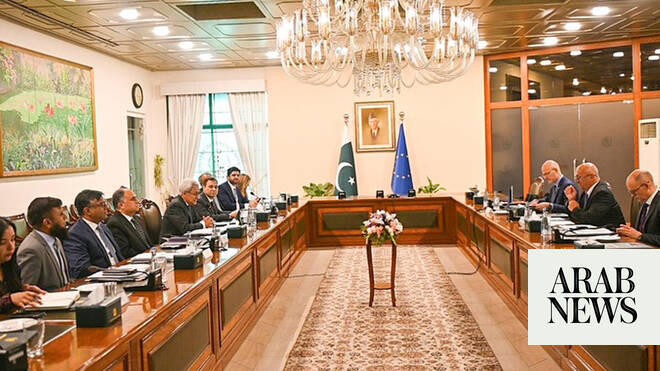Amidst the unveiling of the government's new financial plan in Pakistan, industry experts are expressing concerns over proposed International Monetary Fund (IMF)-mandated reforms that could impact the local auto industry. Finance Minister Muhammad Aurangzeb revealed plans to reduce the overall tariff regime over the next five years to align with the IMF program's export-led growth model.
Under the National Tariff Policy 2025-30, the government aims to eliminate additional customs duties, regulatory duties, and provisions under the Fifth Schedule of the Customs Act, 1969. The goal is to simplify Pakistan's tariff structure by reducing it to four duty slabs ranging from 0 to 15%.
Shafiq Ahmed Shaikh, an automobile industry expert, highlighted that these tariff cuts may reduce protection for the auto industry and lower vehicle costs. Abdul Waheed Khan, spokesperson for the Pakistan Automotive Manufacturers Association (PAMA), emphasized the need to gradually abolish para-tariffs like regulatory duties to protect local industry.
The federal budget also proposes raising the sales tax on 850cc small vehicles to 18%, potentially impacting middle-income groups. The automobile market in Pakistan, traditionally dominated by Japanese firms, is now facing competition from Chinese and Korean electric vehicle manufacturers.
Pakistan intends to introduce a carbon levy on petrol, diesel, and furnace oil to discourage excessive fossil fuel use and promote green energy programs. Prime Minister Shehbaz Sharif announced plans to impose differential taxes on vehicles based on engine size to encourage the adoption of electric vehicles.
Despite concerns over policy changes, vehicle sales in Pakistan have shown signs of recovery, with passenger car sales increasing by 31% in May and cumulative sales for the fiscal year rising by 32% year-on-year. Analysts expect this growth momentum to continue into the next fiscal year.
Source: Arab News














